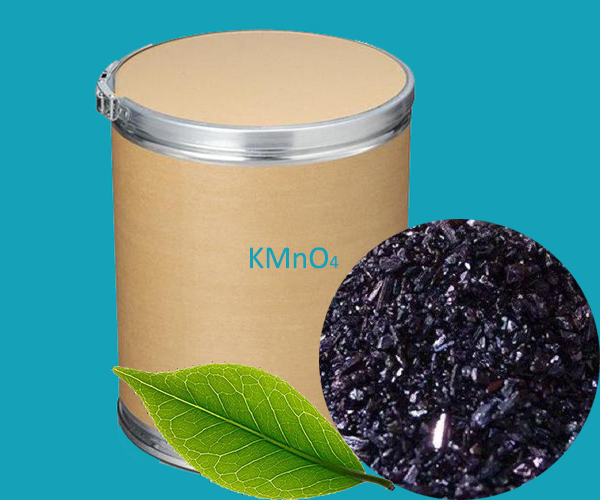Potassium permanganate is an inorganic compound with the chemical formula KMnO4 and has a blackish-purple elongated prismatic crystal or granular appearance with a metallic luster. It is a strong oxidizing agent, soluble in water, and reduced in case of ethanol. The molecular weight of potassium permanganate is 158.034, the density is 2.7 g/cm³, and the melting point is 240 °C. The solubility of potassium permanganate in water is 6.38 g/100 mL (20°C).
Uses of Potassium Permanganate
1. Disinfectant: Potassium permanganate has a strong bactericidal ability and is often used for disinfection and sterilization, especially in medical, food processing and water supply systems.
2. Water treatment: In the water treatment process, potassium permanganate is used to oxidize organic matter and reducing substances, thereby purifying water quality.
3. Oxidant: Due to its strong oxidizing properties, potassium permanganate is commonly used as an oxidant in laboratories and industries, and participates in a variety of chemical reactions.
4. Bleach: In the textile and paper industries, potassium permanganate is used as a bleach to help remove pigments from materials.
5. Toxic gas absorber: It can absorb certain harmful gases, such as hydrogen sulfide, for air purification.
6. Carbon dioxide refinement: In industry, potassium permanganate is used to prepare high-purity carbon dioxide.
7. Medicinal uses: In the field of medicine, potassium permanganate is used to treat certain skin diseases such as fungal infections.
8. Other applications: In addition to the above uses, potassium permanganate may also be used in other industrial processes, such as chemical analysis, wood preservation, etc.
 English
English Español
Español Português
Português Français
Français Deutsch
Deutsch Русский
Русский 中文
中文 日本語
日本語
